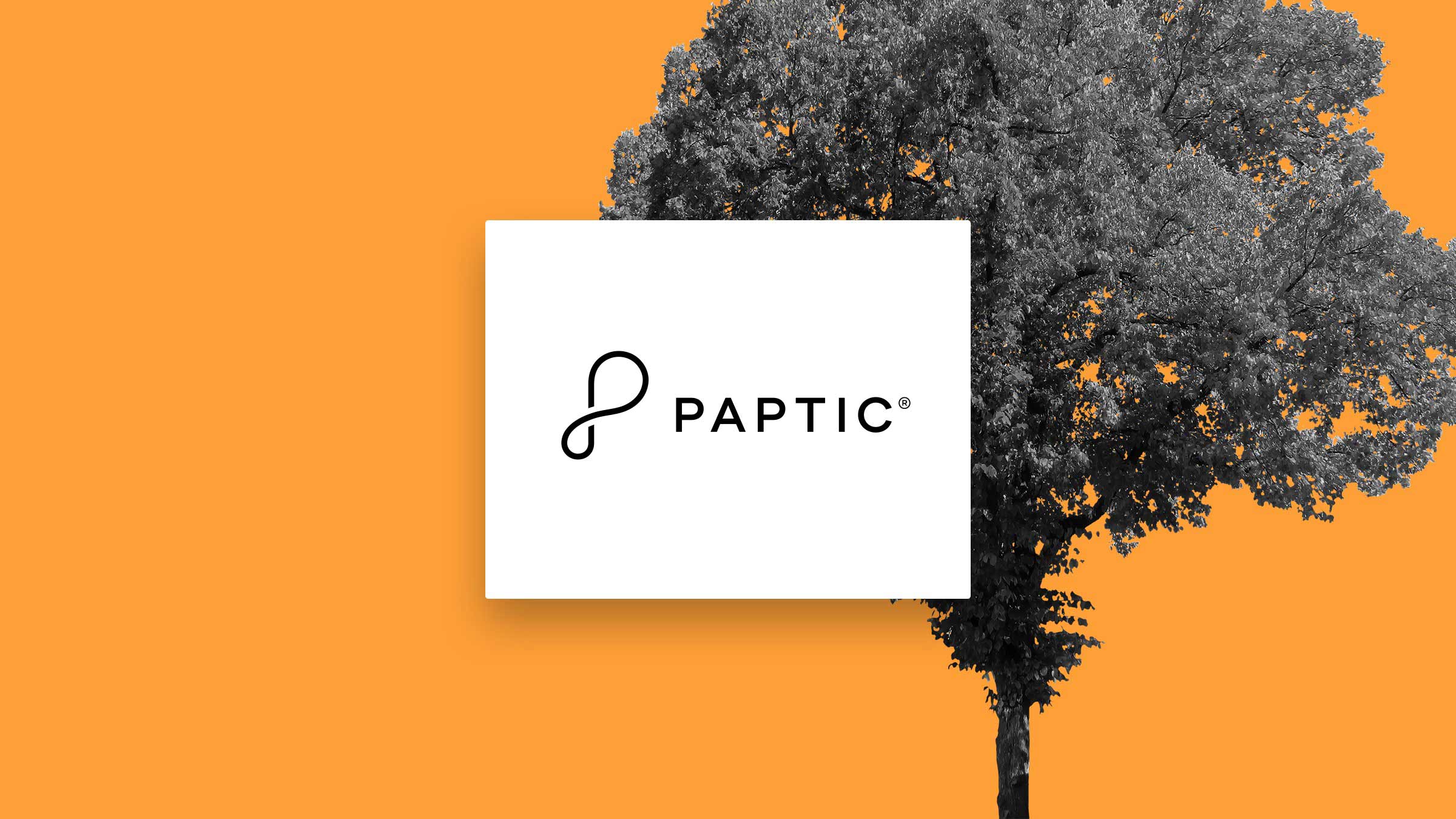Problem
Over the decades, vast amounts of plastic waste have ended up in the oceans. Many countries have introduced legislation aimed at reducing the use of plastic bags and encouraging alternative solutions. For example, there is an EU directive that regulates their use. Plastic is a cheap, light and versatile material that is difficult to replace. Paper bags are not durable enough in many situations, for example, because they cannot be reused.
Solution: a renewable, durable and recyclable material to replace paper and plastic
Paptic has developed a material that has a textile-like feel, is manufactured like paper and offers similar processing properties as plastic. The main raw material is cellulose fibre, and the material can be manufactured using old, upgraded paper machines. The result is renewable material which can be used for various things, such as flexible packaging and mailing envelopes for e-commerce. Bags made from Paptic material can be used multiple times, which reduces carbon footprints. The material can be recycled with cardboard waste and it offers a new application for enormous obsolete paper machines.
Revenue logic and benefits to Paptic
The company sells and markets the Paptic material directly to brand owners, retail chains and packaging manufacturers. In the future, the technology could be licensed to paper manufacturers, which will speed up the availability of the material on the market. The conversion of old paper machines is a cost-effective way to increase the product’s availability.
Benefits to customers
Paptic’s customers include major clothing retail chains and specialist stores which are looking to reduce the environmental load of their business. Environmentally sustainable shopping bags and packages offer an easy way to communicate environmental credentials to consumers.
















Recommended
Have some more.